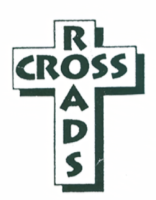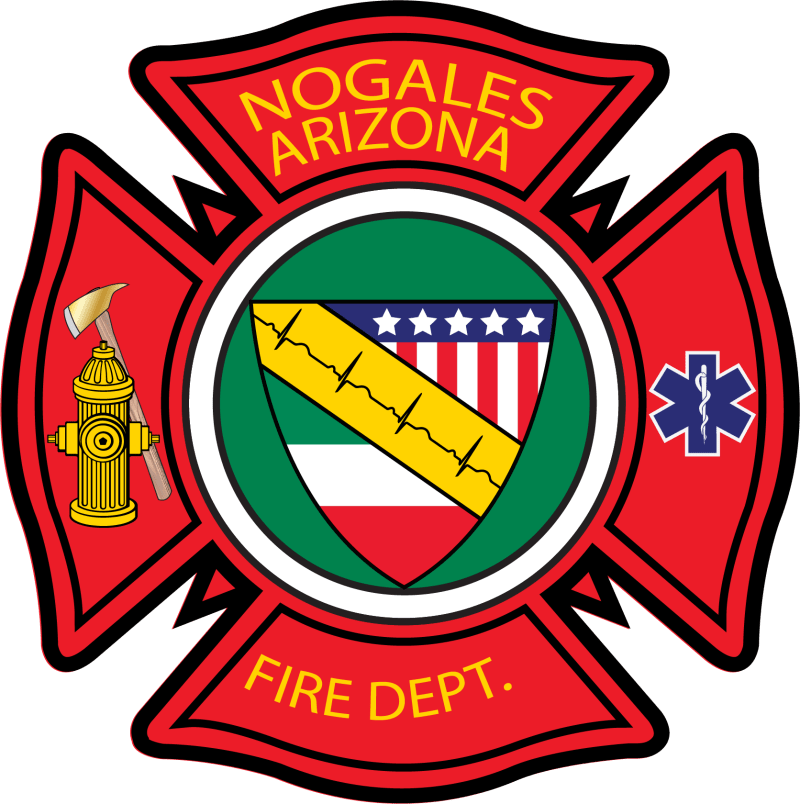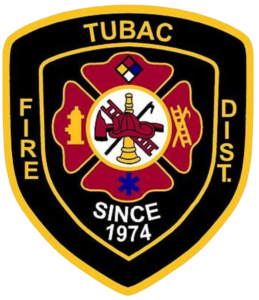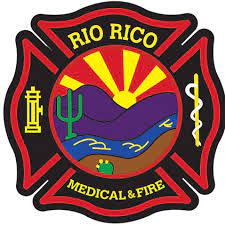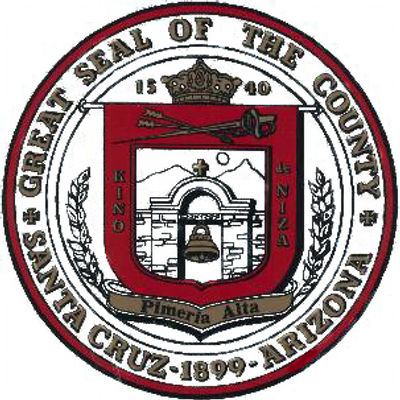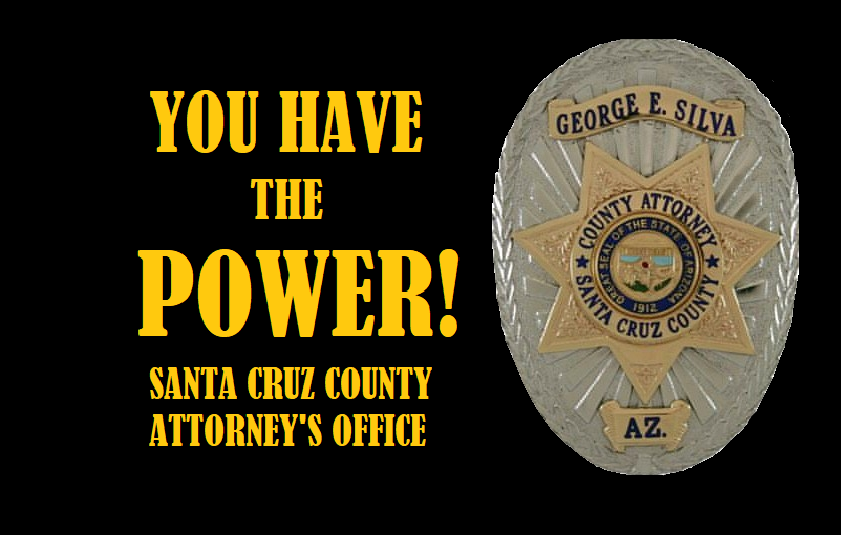Information for Parents
Why Do Teens Try Drugs and Alcohol?
Fitting In
Some teens may struggle to fit in with peer groups, if they are trying to fit in with teens that use substances, they might fall for peer pressure and use drugs and alcohol too. As well, they may use substances to manage the feeling of loneliness.
Socializing
Some teens might use drugs and alcohol to overcome their insecurities. They feel that drugs and alcohol can help them feel more sociable, less shy, or connected.
Life Transitions
Some teens turn to drugs and alcohol to cope with divorce, death or illness in the family, changing schools, a friend’s suicide, moving, or puberty. They are trying to deal with their emotions and drugs and alcohol temporarily numb their feelings.
Emotional and Psychological Pain
Some teens use drugs and alcohol to cope with past traumas such as abuse or sexual abuse. Or to cope with mental health conditions such as anxiety and depression, or loneliness and low self-esteem. Or regular teenage drama!

Boredom
Not having activities, hobbies, or quality time with friends and family, can lead some teens to try drugs and alcohol because they are looking for a different experience.
Unstable Home Environment
Domestic violence in the home, neglect, abuse, witnessing parents or older siblings using/selling/smuggling drugs and alcohol.
Stress
Stress can be due to a variety of reasons such as school, home life, friendship problems, relationship issues, inappropriate responsibilities, bullying, and more.
Should I let my teenager and their friends drink alcohol in my home?
No.
Some parents think it’s safer for their kid to drink at home, but by allowing them to drink underage at home you are allowing them to break the rules you set, you are normalizing alcohol and drug consumption, you are not teaching them to respect the law, and you allowing health damages to happen to your child’s body and brain. Also by allowing other teens to drink at your house you are breaking the law. As well, by supplying alcohol to minors you become responsible for any death or injury that happens at your house and you can be arrested for supplying alcohol to a minor.
Should I let my teenager drink in Mexico? The drinking age in Mexico is 18.
No.
The teenage brain should not be consuming alcohol at that age, the brain doesn’t finish developing until age 25. If your child is intoxicated they have a higher chance of breaking the law in Mexico which can lead to an arrest. They also risk getting involved with cartels or “bad guys” who can take advantage of them or assault them, they do not have the same rights in Mexico as one would have in the United States. The drinking age in Mexico is 18, but once they cross the border back into the U.S. they can be arrested for their body becoming a container for alcohol, driving under the influence (DUI), and/or minor in consumption of alcohol.
What are signs that my teen may be using drugs and alcohol?
![]() Drug paraphernalia such as lighters, bongs/pipes, vape cartridges, burnt spoons (check out the commonly abused substances page for more information!)
Drug paraphernalia such as lighters, bongs/pipes, vape cartridges, burnt spoons (check out the commonly abused substances page for more information!)
![]() Ditching school
Ditching school
![]() Becoming less involved with family and regular friend groups
Becoming less involved with family and regular friend groups
![]() Changes in grades at school
Changes in grades at school
![]() Coming home smelling like drugs and alcohol
Coming home smelling like drugs and alcohol
![]() Sneaking out of the house
Sneaking out of the house
![]() Going to parties without parental supervision
Going to parties without parental supervision
![]() Change in mood, behavior, and physical health (check out the commonly abused substances page for more information!)
Change in mood, behavior, and physical health (check out the commonly abused substances page for more information!)
![]() Eyes are bloodshot, pupils are dilated or pinpoint, can’t focus looking at you
Eyes are bloodshot, pupils are dilated or pinpoint, can’t focus looking at you
![]() Very secretive with their phone
Very secretive with their phone
![]() Always asking for money
Always asking for money
![]() You hear them say or see text messages that use slang words for drugs such as bennys, fentys, M-30s, blues, kri kri, crystal, mota, cocoloco, etc (check out the commonly abused substances page for more information!)
You hear them say or see text messages that use slang words for drugs such as bennys, fentys, M-30s, blues, kri kri, crystal, mota, cocoloco, etc (check out the commonly abused substances page for more information!)
Partnership to End Addiction
Partnership to End Addiction has great information for parents! Check out their “Is Your Child at Risk for Substance Use” risk assessment quiz!
SOSA PARTNERS
Ready to get Involved?
Organizations and community members involved in SUD/OUD are welcome to join!
Email Yara Castro at info@sosaheal.org or call 520-375-6050 for more information.



